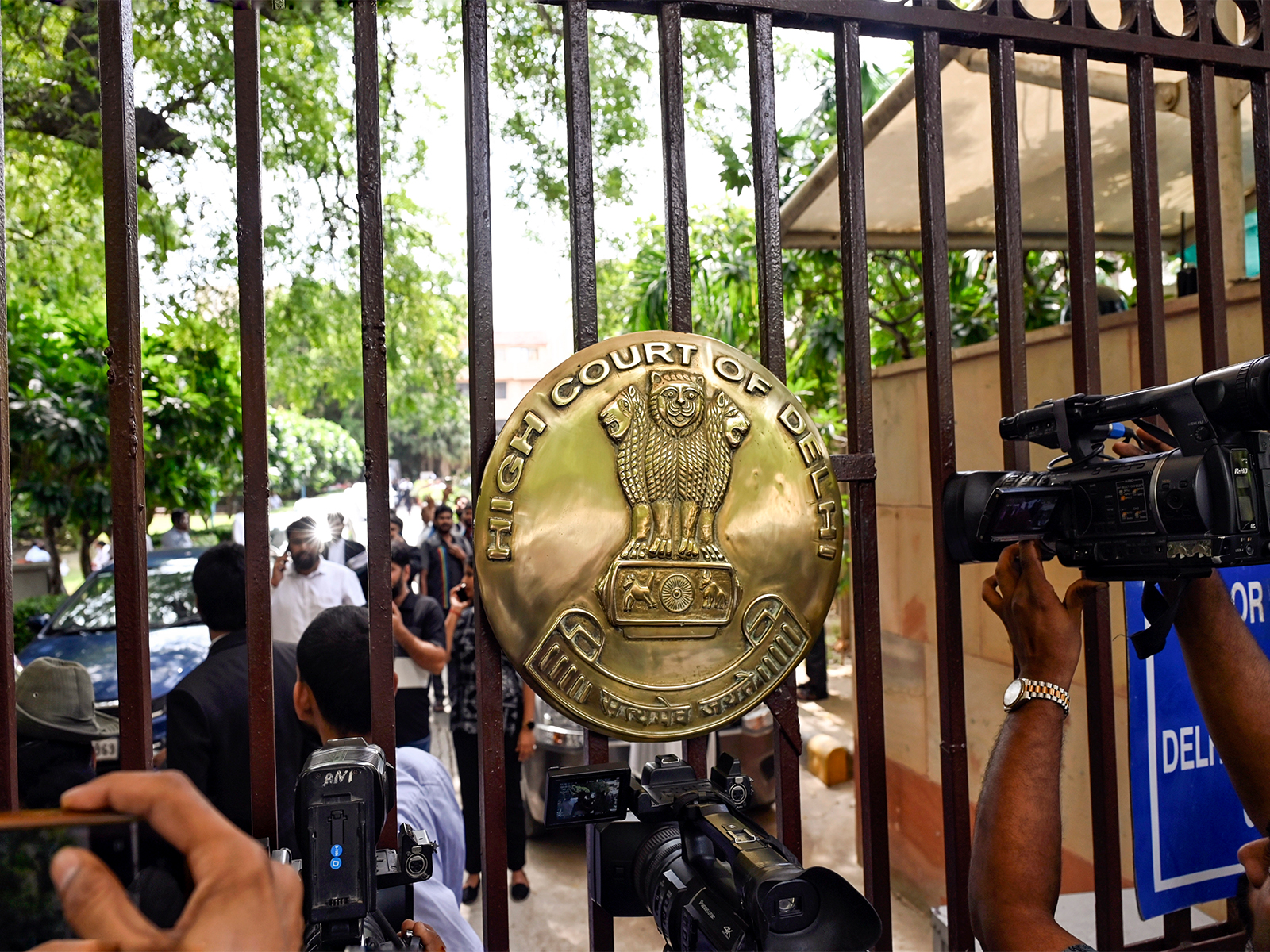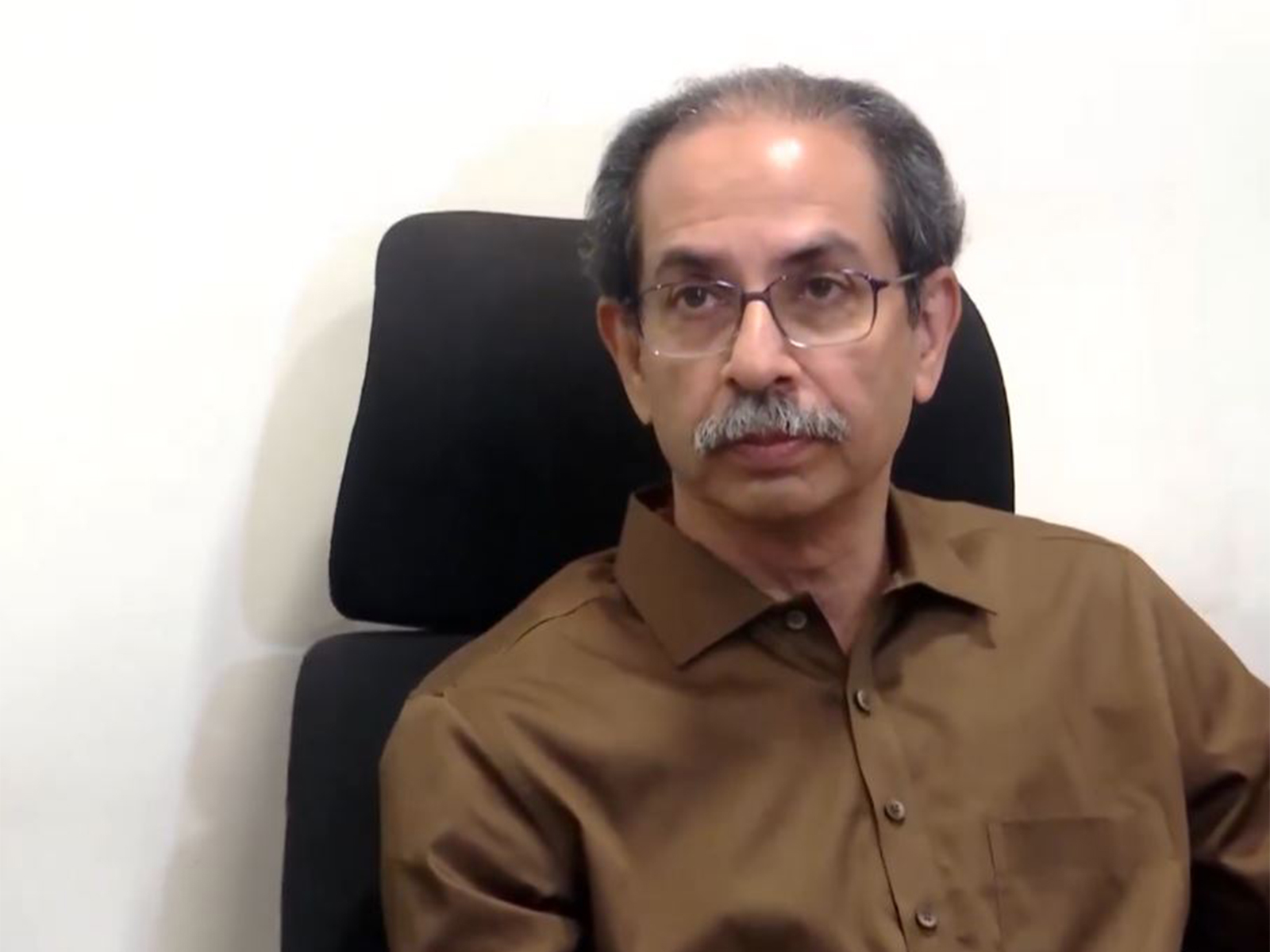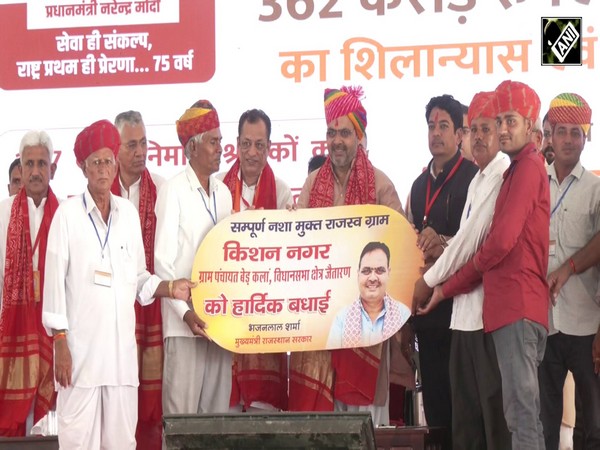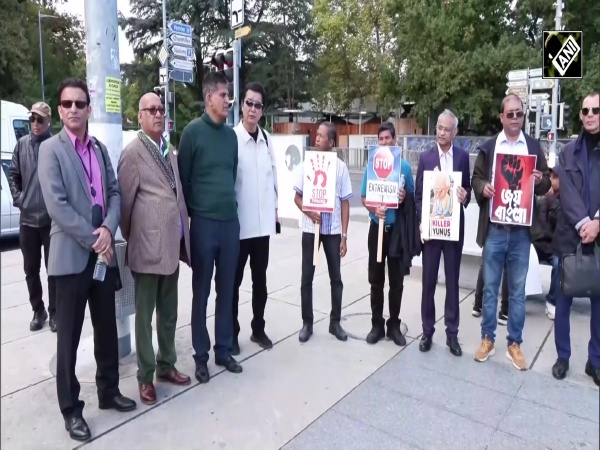
Familial ties alone cannot justify Look Out Circulars: Delhi HC
Oct 01, 2025
New Delhi [India], October 1 : The Delhi High Court has held that mere familial association with an accused cannot be grounds to issue a Look Out Circular (LOC) and deprive a person of their right to travel.
Justice Sachin Datta, while quashing an LOC issued against UK-based citizen Puja Chadha, observed that "familial association with an accused, by itself, is not sufficient to justify issuance of an LOC" and cautioned that expressions such as "economic interest" or "larger public interest" cannot be invoked loosely without cogent material.
The Court noted that Chadha, although related to Sanjay Bhandari, a declared fugitive economic offender in July 2025, had never been named as an accused in the Enforcement Directorate's prosecution complaints. Despite this, an LOC issued in 2019 had effectively prevented her from leaving India after she voluntarily travelled here in March 2025.
The bench stressed that the regime governing LOCs, consolidated through the Ministry of Home Affairs' 2021 memorandum, permits such restrictions only in cases involving cognizable offences or when supported by strong material indicating a threat to national security or economic interest.
"While the expressions employed are of wide amplitude, their application must be circumscribed by reasonableness," the Court said, citing past rulings including Prateek Chitkara v Union of India and Brij Bhushan Kathuria v Union of India.
Highlighting Chadha's cooperation, fragile medical condition, and the fact that her visa had expired during her enforced stay in India, the Court concluded that continuing to restrain her was untenable.
It permitted her to return to the United Kingdom, subject to filing an affidavit undertaking to cooperate with the investigation and appear before authorities whenever required.
The Court also warned that any breach of this undertaking would amount to "egregious and wilful disregard" of its order, inviting contempt proceedings and other legal consequences.
With this ruling, the High Court reaffirmed that LOCs, being coercive in nature, must be backed by specific and serious grounds, and cannot be used as a tool of undue restraint against individuals not facing criminal charges.























